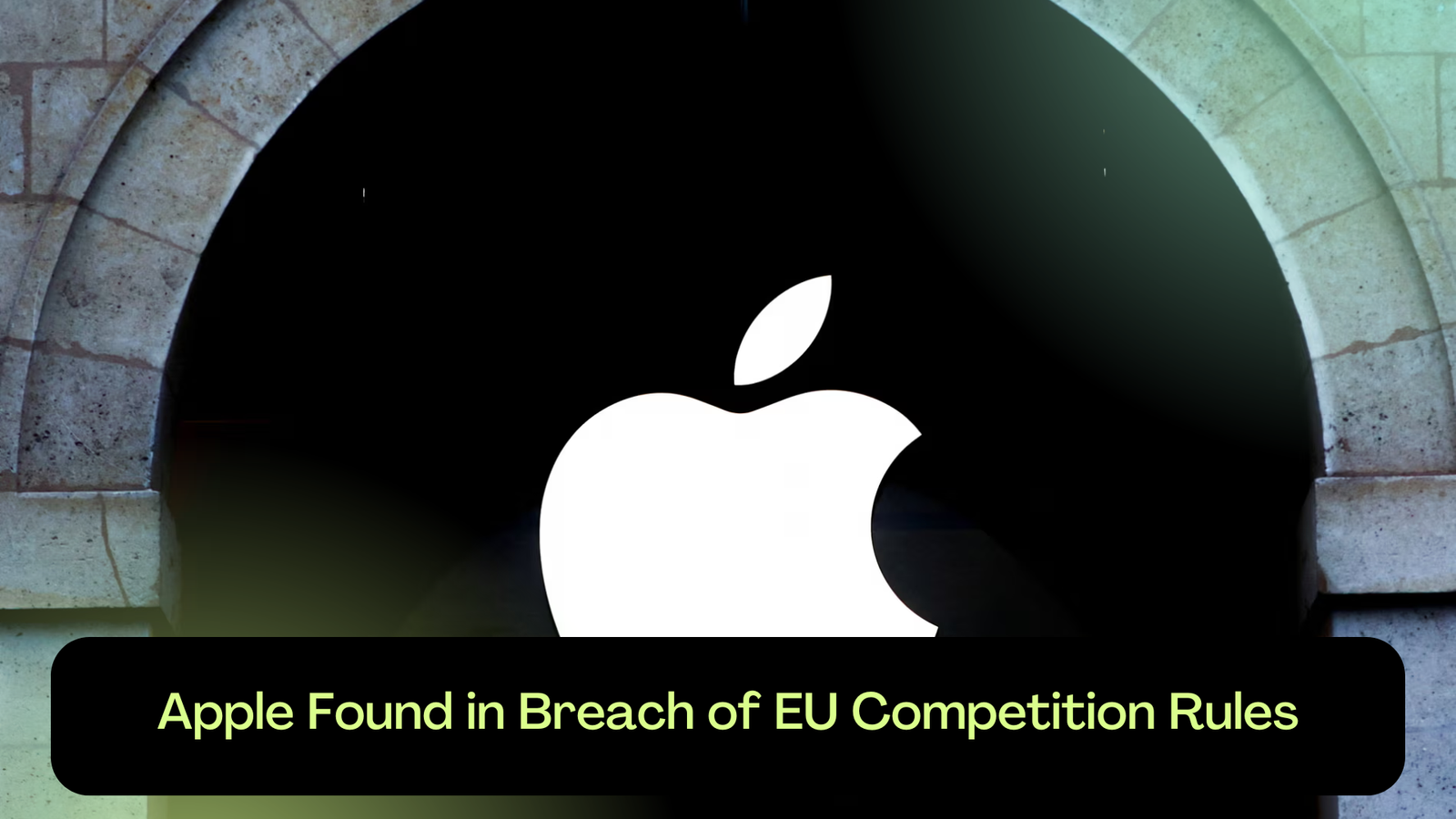Apple Found in Breach of EU Competition Rules

Apple has recently come under scrutiny for allegedly breaching new EU laws designed to foster competition and provide consumers with more affordable and diverse app options in its app store. The European Commission, acting as the EU’s antitrust and technology regulator, initiated this investigation in March and has now shared its preliminary findings with Apple.
Thierry Breton, the European Commissioner responsible for digital markets, expressed his concerns on X, saying, “For too long, Apple has been squeezing out innovative companies — denying consumers new opportunities and choices.”
The Allegations
Apple now has 12 months to comply with these findings or face fines of up to 10% of its global revenues. The Commission hopes that continued dialogue with Apple will lead to compliance rather than sanctions. Additionally, a new non-compliance procedure has been opened against Apple over concerns that its new contract terms for third-party app developers may also fall short of the DMA’s requirements.
Key Issues Identified
At the core of the Commission’s findings are three key elements of Apple’s practices:
- Fees Charged to App Developers: Apple charges app developers for every purchase made within seven days of linking out to a commercial app. While a fee for such matchmaking is deemed justifiable, the Commission believes that Apple’s charges go beyond what is strictly necessary.
- Steering Consumers to Cheaper Alternatives: The Commission reiterated that under the new digital laws, Apple must ensure that developers can freely inform their customers of alternative, cheaper purchasing options and steer them towards those offers without incurring charges.
- Core Technology Fee: The new investigation also scrutinizes a 0.50c “core technology fee” that Apple demands every time a developer’s app is installed on a phone.
The EU has highlighted that these allegations are the first against a tech company under the DMA, landmark legislation introduced last August to ensure fair competition among six designated “very large online platforms” including Google, Amazon, Meta, and ByteDance (TikTok).
Apple’s Response
Apple has responded by stating that it has already made several changes to comply with the DMA in the past few months, following feedback from developers and European Commission investigators.
“We are confident our plan complies with the law, and estimate more than 99% of developers would pay the same or less in fees to Apple under the new business terms we created,” Apple stated. “All developers doing business in the EU on the App Store have the opportunity to utilise the capabilities that we have introduced, including the ability to direct app users to the web to complete purchases at a very competitive rate. As we have done routinely, we will continue to listen and engage with the European Commission.”
Conclusion
This situation marks a significant moment in the tech industry, as the DMA aims to ensure fair competition and provide consumers with more choices. Apple’s next steps will be crucial in shaping its relationship with the European regulators and the broader tech community. The dialogue between Apple and the European Commission continues, with the hope that compliance will be achieved without the need for heavy sanctions.




